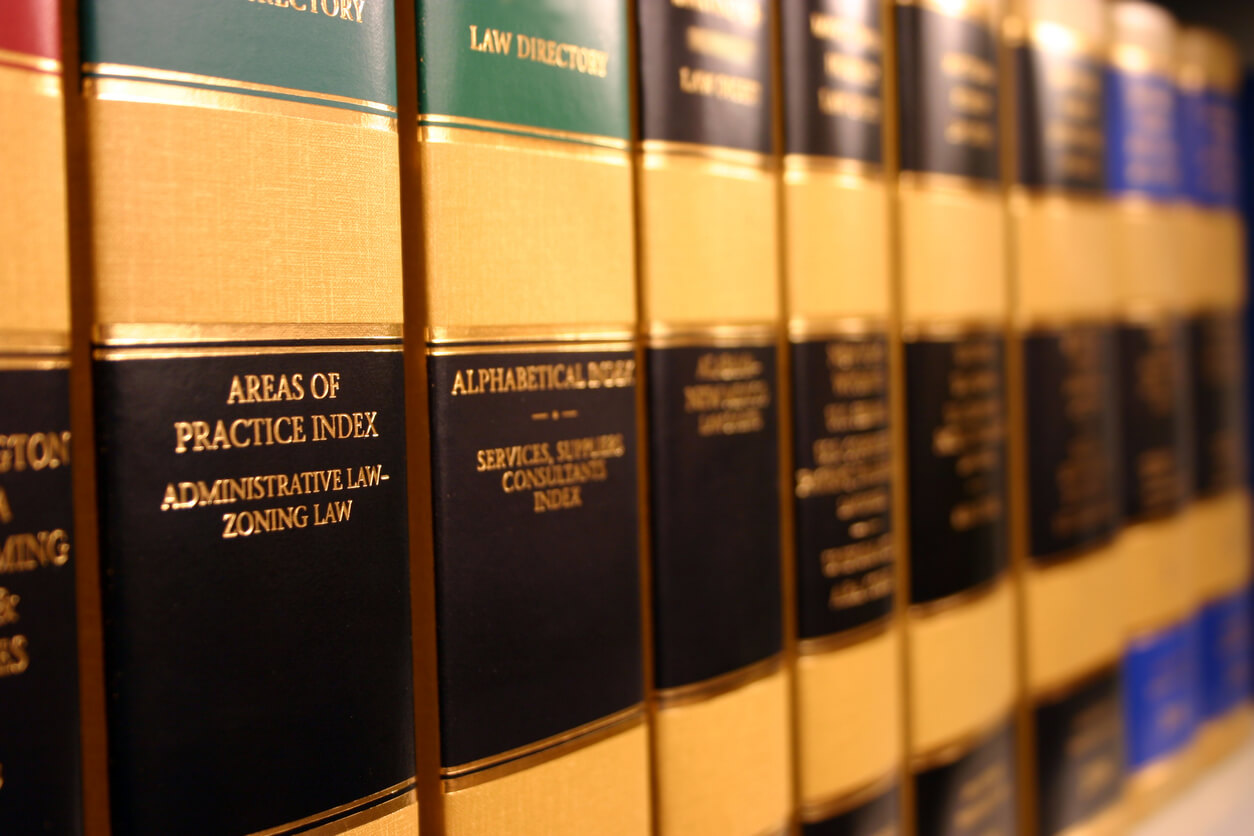Zoning laws protect the community’s interests. Putting potential nuisances like industrial factories apart from residences and parks protects the health and safety of residents. And requiring setbacks helps limit the spread of fires.
But zoning laws can also protect the interests of individual property owners. Limits on building heights preserve a community’s character and preserve the sightlines for neighbors. When zoning violations cause special damage to your property, you have standing to raise zoning issues offensively or defensively in real estate litigation.
When can you raise zoning issues in litigation?
Under most circumstances, members of the public have no standing to enforce zoning. Suppose that you are upset about a cell phone tower located in your neighborhood in violation of zoning. You probably cannot sue to enforce a zoning law. Instead, you will file a complaint with the zoning commission
In certain narrow situations, you have a private right to enforce a zoning law. You must show the following:
- You suffered harm to a discrete, separate identifiable interest that is different from the interests of the general public
- The zoning law was designed to protect your interest
If you have standing, you can file a lawsuit for an injunction against the party violating the zoning law.
Common Zoning Issues
Common zoning violations that might come up during litigation include:
- Setbacks and buffers separating structures from property lines
- Non-permitted use, like businesses located in residential zones
- Building height
- Occupancy limits and density
- Building code
These are also issues that can affect neighboring property owners more than they affect the general public. A multi-unit motel or apartment building in a neighborhood zoned for single-family housing can bring traffic and crime that directly affects residents. A setback violation can obstruct neighbors’ views as they pull out of their driveways.
Because of the special harm these violations cause, New York law often permits the affected neighbors to raise these violations in real estate litigation against the violator.
Using New York Zoning Laws in Litigation
Like most weapons in litigation, you can use zoning violations offensively or defensively. Offensive use would happen when you use the violation of New York zoning laws as one of the claims in your demand letter or lawsuit.
Stacking claims can often push a defendant to settle because they risk damages if they cannot “run the table” defending against all your claims. In other words, if you have only one claim, a defendant might refuse to settle and take their chances with a jury on the single claim. But if you have ten claims, a defendant knows they must go ten for ten to escape paying damages to you. As a result, they may have an incentive to settle.
You can also use zoning violations as the basis for your lawsuit. For example, suppose that you bought a house built too close to the street and as a result, violates zoning regulations. You would sue the seller for breach of warranty and fraud for misrepresenting the house complied with zoning.
Defensive use happens when the violator has threatened or filed litigation. As you communicate with the plaintiff, you raise the issue of their zoning violation as a possible counterclaim you could pursue against them.
While lawyers are not permitted to threaten criminal charges to gain an advantage in a civil dispute, zoning violations are not criminal in nature. As a result, your real estate litigator can point out the plaintiff’s risk if the zoning violation is either reported to zoning authorities or asserted as a counterclaim in the lawsuit.
Deciding to Raise Zoning Violations
You should discuss how zoning violations will affect your litigation strategy. An experienced real estate litigator will have seen prior lawsuits involving zoning issues. You can rely on their experience to determine when and how to raise them. To discuss your real estate dispute and the impact of zoning issues, contact Levy Goldenberg, a real estate litigation firm in New York, New York.
